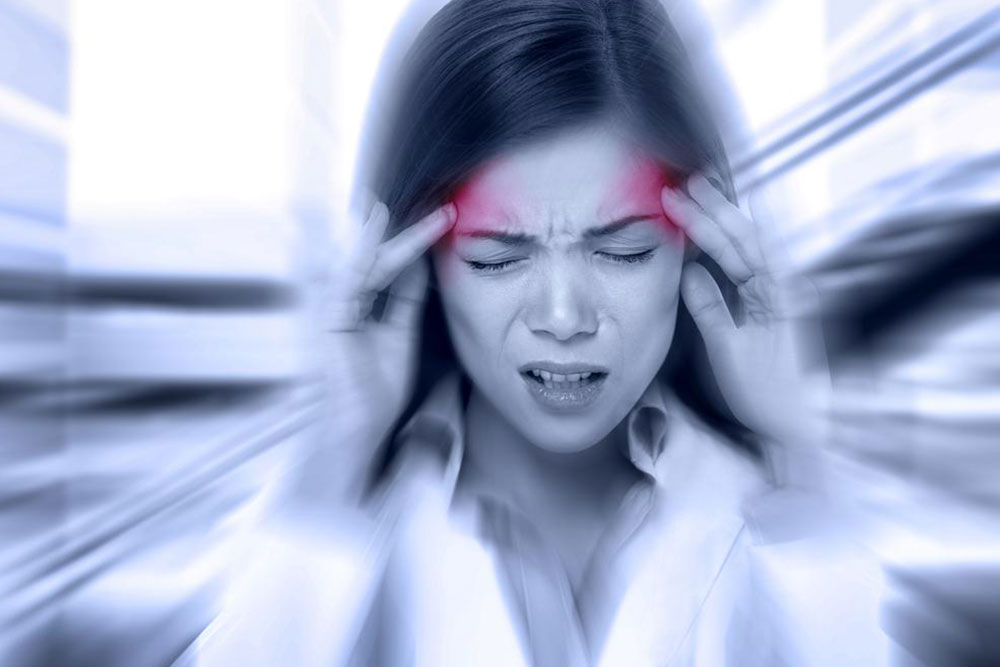Managing Childhood Migraines: Symptoms and Solutions
This article provides essential guidance for parents managing migraines in children, covering symptoms, causes, and treatment options. Recognizing triggers and consulting healthcare professionals can significantly reduce attack frequency and severity. Strategies such as diet management, stress control, and appropriate medication are emphasized to help children cope with migraines effectively.

Managing Childhood Migraines: Symptoms and Solutions
Children and teenagers can also suffer from headaches similar to those experienced by adults. These migraines are common and often cause concern for parents. If your child complains of head pain, stay calm and try to identify potential triggers without panic. Recognizing these factors can help manage the condition effectively.
What Causes Migraines in Children?
The exact cause remains unclear, but many migraines are linked to low levels of serotonin, a chemical in the brain. Dietary factors like chocolates, nuts, shellfish, Chinese cuisine, cheese, caffeine, and sugary foods can also trigger migraines in kids.
Signs of Migraines in Children
Children may display various symptoms, including stomach pain, nausea, vomiting, sensitivity to light and sound, fatigue, sleepiness, nasal congestion, thirst, dark circles under the eyes, and pallor. Most children tend to sleep off these symptoms within an hour of onset.
Managing Migraines in Kids
Consulting a healthcare provider is essential for personalized treatment. Key approaches include:
Monitoring Diet: Keep track of foods consumed to identify potential triggers.
Managing Stress: Addressing tension caused by poor sleep, irregular meals, or school-related issues can reduce attacks.
Biofeedback Therapy: Using sensors to monitor physical responses helps in diagnosing and developing coping strategies for migraines.
Medication: Many drugs prescribed for adults are safe for children when appropriately dosed. Avoid aspirin in children under nineteen, and consult your doctor for suitable options to ease pain and discomfort.
Note:
Our blog offers diverse, informative content. While we strive for accuracy, readers should view articles as general guidance rather than final diagnosis. The editorial team is not responsible for discrepancies or errors in external data or offers available elsewhere. Always consult healthcare professionals for personalized medical advice.










